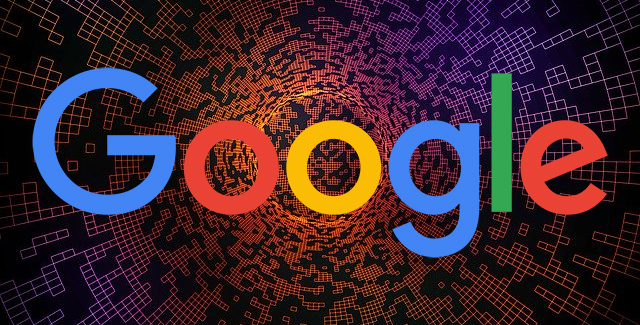EU: CJEU receives preliminary ruling request for appeal concerning Google de-referencing request
More specifically, in respect to the first question, the summary of the preliminary ruling request notes that the applicants base their request for de-referencing on the assertion that the statements contained in the linked articles are false, as well as that the question as to the truth of the content concerns the relationship between the content provider and the data subject with the search engine being an intermediary with respect to the content, albeit directly responsible under data protection law. In addition, with respect to the second question, the summary outlines that if the data controller of an image search engine, such as Google, displays thumbnails of images found on the internet in response to a search term requested and in a list of search results produced by the search engine provider themselves, this action means that the search engine provider, by making these images accessible, engages in independent data processing. Lastly, the summary notes that in order to judge the lawfulness of the data processing one must weigh up the interests and rights as apparent by the thumbnails themselves, as the thumbnails are stripped of their original context and are viewed in isolation of the third party articles.
You can read the summary here.



Comments